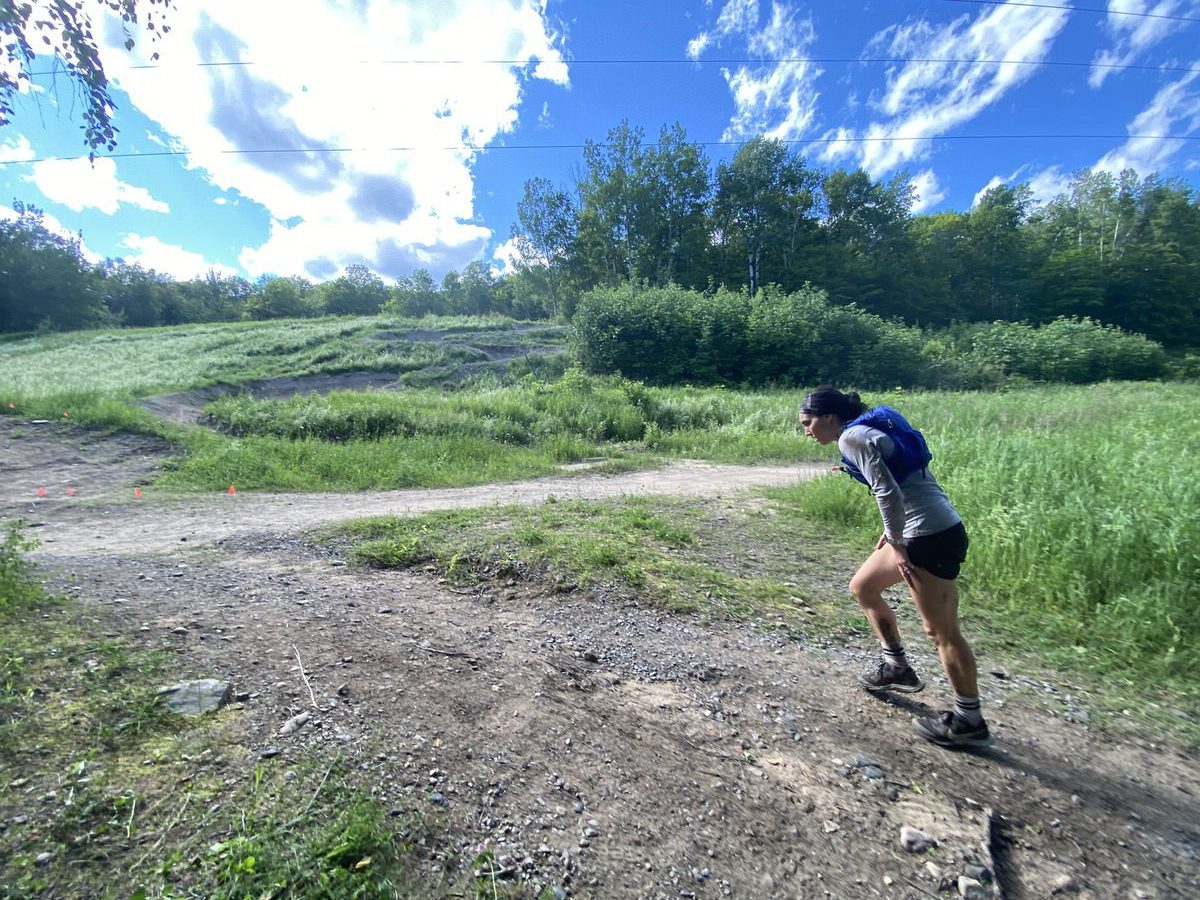On last week’s episode of the podcast, one of our “coach moments of wisdom” came from strength coach Dan John. It wasn’t about how to do a great goblet squat (though he also has tips for that). No, his biggest nugget of wisdom is about how if we’re not proactive about everything else in life, it’s hard to meet fitness goals. This might look like having clean clothes for your workout (a bit of an issue for us lately as we’re traveling and out of our normal routine!), or having the healthy food you plan to eat for the week bought (in bulk) so you’re not tempted to order takeout (again). But even when we’re being proactive, our health can be taking a hit.
For me lately—well, the last couple years on and off, if we’re being honest—my dental issues have continued. It’s a bit of a mystery as to why, because I do all the things one is ‘supposed’ to do to support good oral health. But despite my best efforts, there have been a few not-easily-solved issues that seem to keep coming up, over and over, creating this low-level pain and irritation that’s always in the back of my mind. I think I’ve spent the equivalent of a few weeks of work time and a few months of work income at the dentist in the past two years. And still I’m back to the dentist multiple times in a month.
I’m writing about this because it’s something I’ve been thinking about a lot this month as I’ve been really trying to find an answer to what’s going on, and in the process, it’s had me thinking a ton about the idea of invisible illness, in addition to the more run-of-the-mill health concerns that athletes face. As I chat with other athletic people, I realize that many of us are contending with things like difficult menstrual cycles or going through peri-menopause. So many athletes I know have gut and digestive issues that aren’t bad enough for a doctor to do an endoscopy, but enough that runs are planned around bathroom breaks. There are the people who’s bloodwork looks normal but they’re exhausted all the time. The people who are dealing with more mental health concerns like depression and anxiety. The athletes who suffer regular migraines.
In short, there are a lot of us who might be crushing it on the fitness side—for instance, my training is going pretty well right now!—but then, on the health side, we’re absolutely lacking. But unfortunately, there’s not an easy answer. As a very progress-oriented / problem-solving type person, this is perhaps the most frustrating part of dental issues. I can’t figure them out myself, and despite working with experts who I firmly believe are good at what they do, they can’t seem to figure it out either.
All of that to say, what can we do about it?
Prioritize health over fitness, always
For me, this has looked like occasionally cutting a run short to make time for the dentist. It’s an important one for a lot of us to keep in mind, because often, our training can take us into potential injury territory, or training while struggling with a bad cold can lead to even more days of feeling like crap. So, generally speaking, when in doubt, do what you think is going to be best for your overall health rather than your training.
Be honest about how you’re feeling—and advocate for yourself
Again, I’ll come back to my dental work example, because I’ll be honest, I’ve had some dentists who’ve been less than helpful in recent years. When nothing obvious has presented itself as a glaring issue, they’ve dismissed the constant pain that I feel anytime I bite down. At best, this can be dismissed as standard behavior for beleaguered professionals who are used to whiny patients who complain about the slightest niggle. I am not that patient, though. If I’m feeling like there’s a problem, you can bet that there’s a problem. The same is true of friends of mine who’ve dealt with years of chronic pain and fatigue, only to be dismissed by doctors. Unfortunately, athletes have it even worse, often, because on the surface, we appear healthy. But if I’m only able to run, say, three miles before feeling like I’ve been hit by a truck, that’s a red flag. To a doctor, three miles seems like plenty. I know better—for me. So, this is the reminder that we’re the best advocates for ourselves, and that often, doctors may not mean to be dismissive, but they are anyway.
Do your own detective work + then consult the experts
Going back to advocating for yourself, sometimes you have to do some legwork. This doesn’t mean never consulting a doctor, by any means. But it does mean that often, especially with more subtle issues, doctors and dentists aren’t terribly helpful unless you can get hyper specific. I’ve learned this the hard way with dental work, having had to go back to the same dentist over and over with the same problems simply because I wasn’t pinpointing exactly where my issue was, and without that, they weren’t finding anything because they weren’t broadening the search. Writing down symptoms, times, dates, situations, etc. can be helpful. The same is true with doctors and blood tests, especially if you’re in relatively good health. In Canada especially, getting bloodwork is a bit of a nightmare. Doctors are loathe to requisition it, and working with a naturopath is pricey. We use Inside Tracker regularly (they have sponsored the podcast, but even when they haven’t been sponsors—they aren’t at the moment—we’ve paid full price for the testing!) because it’s actually cheaper than paying for naturopath appointments just to get the bloodwork done—and it’s so much more efficient, since they come to your house and do the blood draw there!
Be proactive, but don’t get caught in reactivity
There’s also an element of slowing down and taking stock of where you’re at and what’s going on, so that you can better explain issues to a doctor. This applies to things like digestive issues, which is something I want to focus on this year for myself. My gut is in ‘just OK’ territory, maybe a C- if I had to give it a grade.) My tendency has always been to go full steam ahead by making the appointment with a dietitian, taking that immediate, easy action. There’s a reason podcasts on goal achievement start with that step of ‘making an appointment’ or ‘buying the thing’, because it’s fun and much sexier than ‘take a couple of weeks to make notes about exactly what you’re eating and when you’re having issues.’ There’s a fine line between being proactive, making that dentist appointment because a lingering pain isn’t going away, and being reactive, making that appointment the second something feels funky and you start googling it.
Try to stay positive
I debated adding this, but I’ll be honest, it’s advice that I needed today after not immediately feeling a change once a final crown had gone into place. (Hopefully it will work, but it’s still a question mark, not an exclamation point.) I do try to remind myself when I’m feeling down and frustrated about the time and money I’m spending and still not having results to show for it that things could be much, much worse. As it stands, I have the flexibility and the funds to deal with my situation, and that’s not something I take lightly, because that wasn’t always the case. So for that, I’m thankful. And if you’re dealing with something that’s long-term health related, I know being told to ‘stay positive’ or ‘lean into gratitude’ can be super frustrating, pandering advice. But then again… what’s the worst that could happen?





